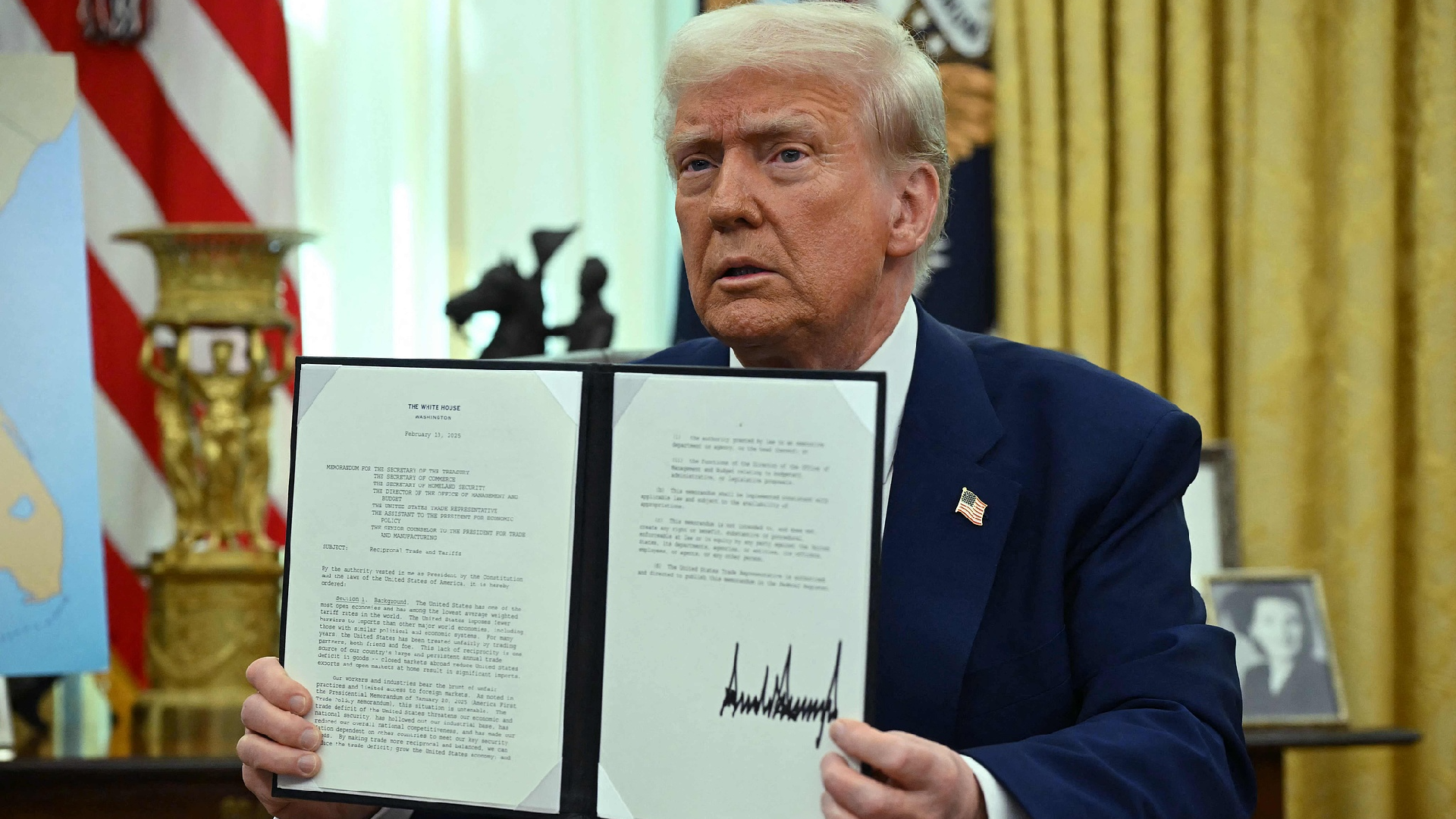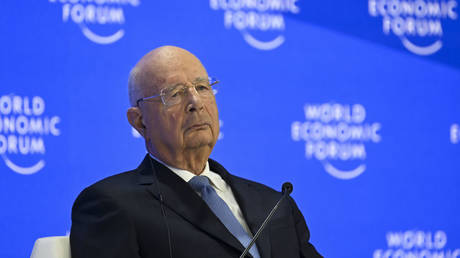US Industries, Consumers to Be Hurt by Trump’s Steel and Aluminum Tariffs
US President Donald Trump recently announced 25 percent tariffs on all steel and aluminum imports from other countries. This move could significantly affect foreign industries and also place a substantial burden on American consumers and businesses, according to media reports.

Trump announced the tariffs on February 10 and suggested additional tariffs targeting products such as cars may be on the horizon. Set to take effect on March 4, these tariffs, along with Trump's proposed "reciprocal tariff" policy revealed on February 13, could heighten economic risks considerably, according to CNN. If enacted, these measures could provoke retaliatory tariffs from other countries aimed at US exports, leading to a detrimental cycle. Jennifer Hillman, former Vice Chairman of the US International Trade Commission, indicated in an interview with Bloomberg that these tariffs breach the US’s commitments as a member of the World Trade Organization and violate multiple free trade agreements.
US industries are expected to face severe consequences. The craft beer sector, for example, is already experiencing repercussions as brewing equipment utilizes steel and packaging relies heavily on aluminum. The rising costs of these essential materials could result in increased beer prices for American consumers, threatening the survival of small breweries.
Coca-Cola CEO James Quincey acknowledged the tariffs' effects, telling CNBC on February 11 that the cost hike for imported aluminum will make cans sourced from Canada more expensive. This situation could compel the company to either source cans domestically at higher prices or shift more focus to PET bottles. Quincey noted that either choice would raise production costs and, inevitably, consumer prices.
According to the Economic Times, perfume manufacturer Coty has responded to escalating costs by expanding its inventory of US raw materials and increasing production in North Carolina.
The US auto industry, a crucial segment of the national economy, is also feeling the impact. Jeffrey Schott, a senior fellow at the Peterson Institute for International Economics, observed that if the government pursues a long-term tariff strategy, it will need to boost subsidies to help companies cope with higher production expenses. However, due to growing deficits, sustaining those subsidies may prove challenging. Schott warned that the high-tariff approach is both economically burdensome and politically problematic.
Jim Farley, CEO of Ford Motor Company, cautioned on February 11 that the 25 percent tariffs on steel and aluminum would incur substantial costs, possibly creating a significant gap in the US automotive sector, according to Reuters. Farley further stated that imposing a 25 percent tariff on imports from Mexico and Canada, which is currently on hold, would lead to "devastating" effects and could result in unparalleled upheaval within US industry. Some American auto parts suppliers are reportedly planning to pass the increased costs onto automakers, which could raise vehicle prices.
An ABC survey predicted that the repercussions of the steel and aluminum tariffs will permeate the supply chain, ultimately impacting American consumers. The costs associated with producing appliances like refrigerators and washing machines are expected to rise. Additionally, increases in aluminum prices may lead to higher costs for bicycles and other consumer transportation items, while the escalating price of steel for construction could drive up expenses for building and repairing homes across the United States.
Sanya Singh for TROIB News
Find more stories on Business, Economy and Finance in TROIB business












